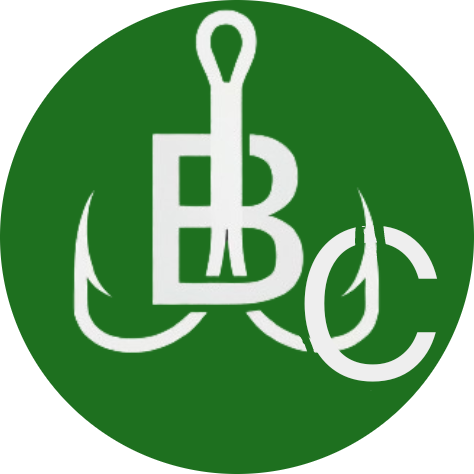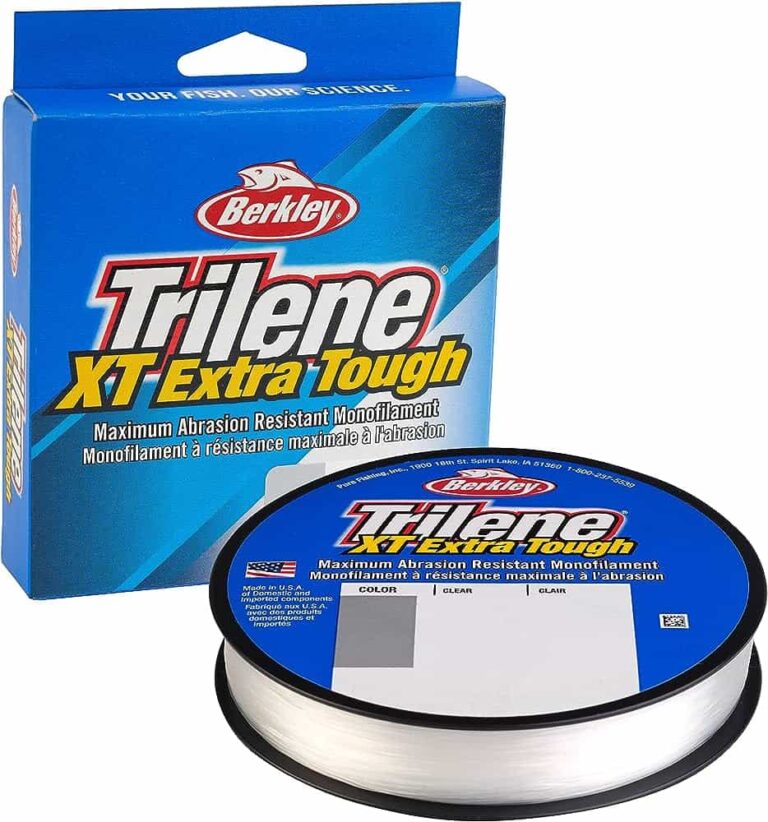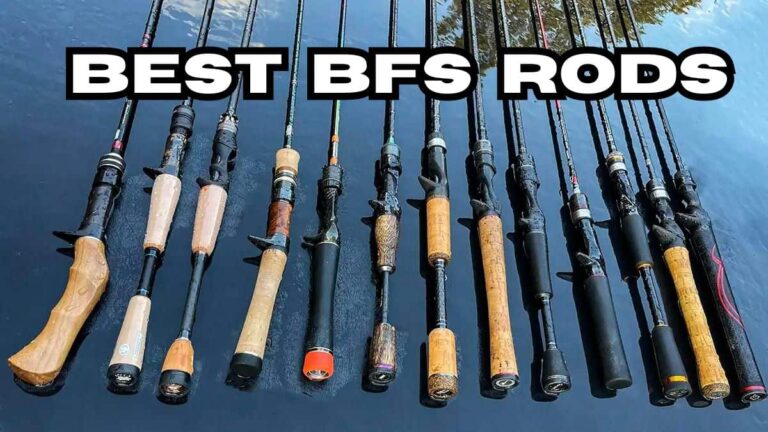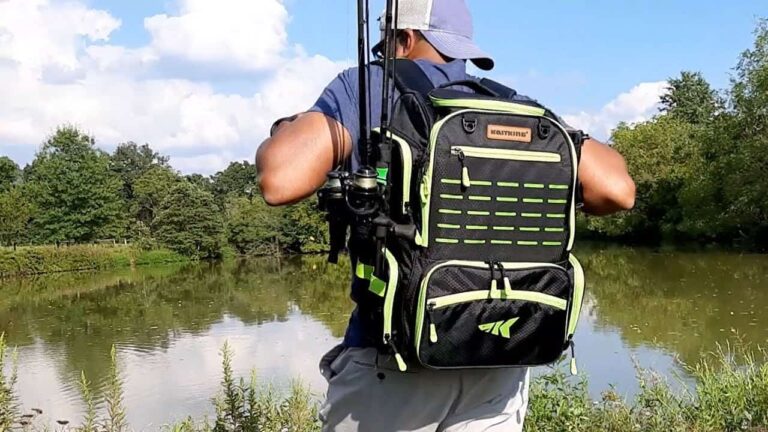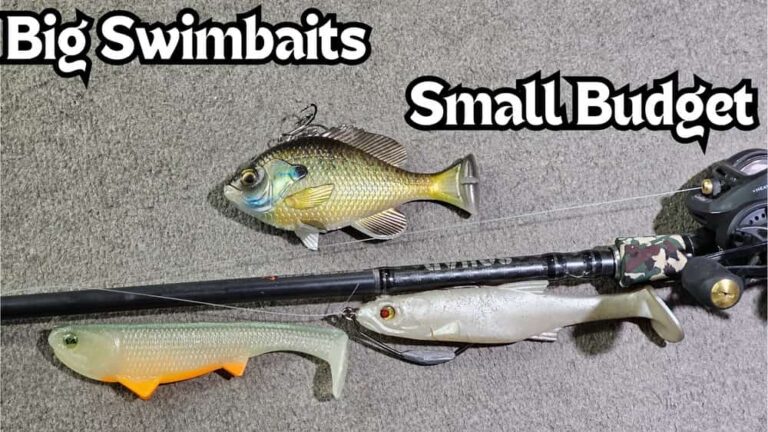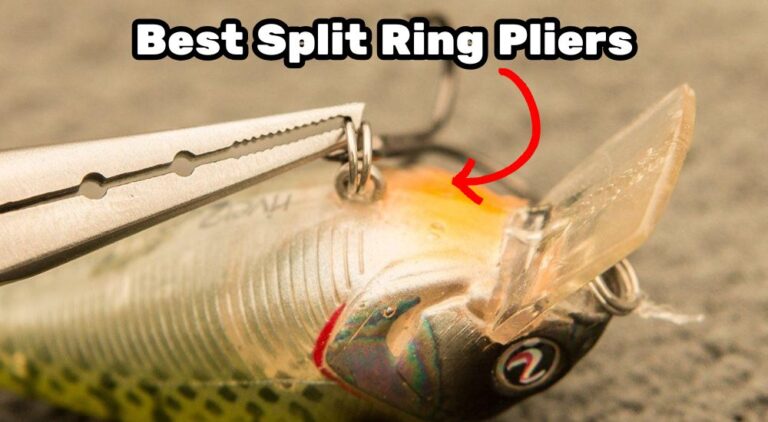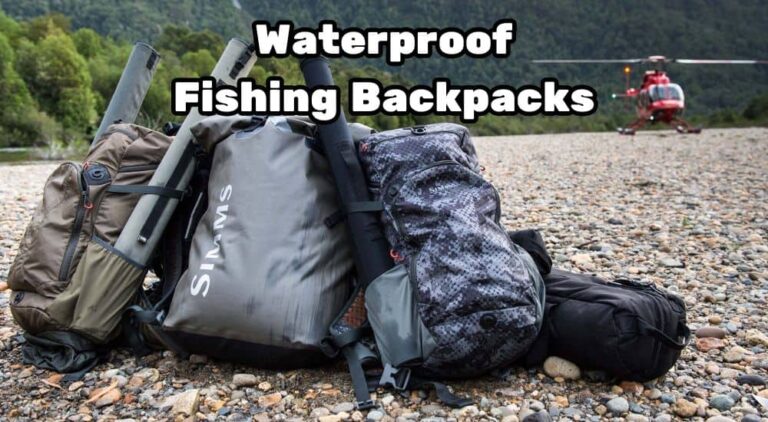How Long Should Your Leader Be When Using Braided Line?
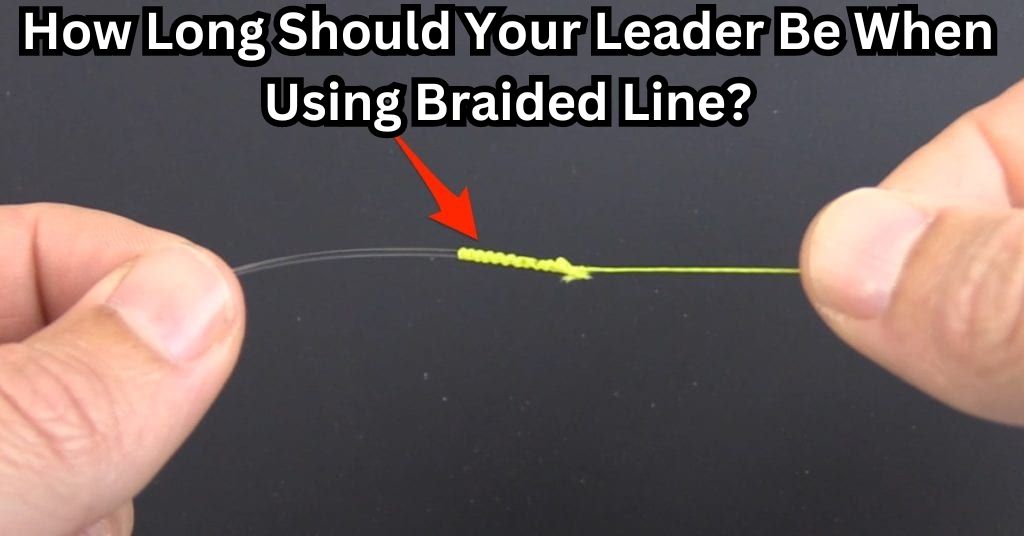
Leaders are incredibly popular in fishing, and for good reason. They can make all the difference between a great day on the water and getting skunked.
But one big question is how long should your leader be when using braided line.
This is a fairly simple answer, but takes a little bit of explaining to understand it fully.
How Long Should Your Leader Be When Using Braided Line?
Generally speaking, your leader line connecting to a braided main line should be about 1-6 feet in length.
This is obviously a fairly big range, and this is because the leader length depends largely on what lures you are using, and even more importantly, the water clarity you are fishing.
So let’s brake both of those down.
Leader Length By Water Clarity
As a basic rule of thumb, your leader length should be slightly above the water visibility range.
Muddy Water
In muddy water, the fish can barely see your line, even when using braided line.
So you don’t need a very long leader. A 1 foot leader will work just fine in muddy water.
And in super, chocolate milk water clarities, you can even get away with not using a leader at all.
The bass or other fish won’t really be able to see the braid in this water.
But for the most part, a 8-12 inch leader will be perfect for muddy water.
Stained Water
I consider stained water to have about 12-24 inches of visibility. So 14-26 inch leader is perfect.
This way you can still use bigger hooks, and get stronger hook sets.
But the braided line is just out of the visibility range, so fish won’t be able to see it.
Clear Water
Once the water visibility gets over 2 feet, I consider this to be clear water.
And this is when you need to start using really long leaders to keep the braid out of sight.
In clear water, I like a 4-5 foot fluorocarbon leader line. If the water is crystal clear and has more than 4-5 feet of visibility, I will just use straight fluorocarbon and not use braid at all.
Leader Length By Lure Type

Small Treble Hook Lures
Lures like crankbaits, jerkabaits, or poppers have lots of small treble hooks.
On these lures, you can use a much longer leader line.
You don’t need the stiff braid to get a strong hook set because treble hooks are made to stick into the fish’s mouth rather than puncturing straight through.
Add 30% to the leader length when using treble hooked lures.
Single Hook Lures
The other style of lures are those with big, single hooks.
These lures require a harder hook set with less line stretch to get the hook deep enough in the fish’s mouth.
Take 30-40% of the length off of your leader when using thicker, single hooked lures.
How to Tie a Leader on Braided Line
To tie a monofilament or fluorocarbon leader onto braided line, you will use a connecting knot.
There are a bunch of different connecting knots that fisherman use, but these two are my favorite:
FG Knot
The FG knot is amazing for connecting braid to both monofilament and fluorocarbon line.
This knot is also very sleek, allowing it to pass through the eye holes of your rod very smoothly.
The FG knot definitely takes some practice to get good at, but it is worth it.
Double Uni Knot
The Double Uni knot is probably my favorite mono of fluoro to braid knot because I have been using it since I was a little kid, and I have gotten very good at tying it.
I definitely find it easier to tie than the FG know. The downside is that the Double Uni is a bit thicker, which means it can catch a bit on eye holes.
Should You Use a Leader With Braided Line?
Most of time you use braided line, you should use a monofilament or fluorocarbon leader.
A couple exceptions to this are if you are using a topwater lure like a frog or a buzzbait.
Also, flipping heavy wire lures such as bass jigs often work better with straight braid.
Does Leader Length Matter?
Yes, leader length can have a huge impact of fishing success.
If the leader is too short, bass and other fish can see it which might spook them or make them not bite your lure.
And if the leader is too long, you may not be able to get a good hook set and can result if you losing lots of fish.
Leader strength also matters a bit. For example, your leader should be a bit weaker than your mainline.
Key Points
- Importance of Leaders: Leaders are crucial in fishing as they can significantly impact the success of a fishing trip, determining whether it’s a great day or a disappointing one.
- Leader Length with Braided Line: The ideal length of the leader when using braided line typically ranges from 1 to 6 feet, depending on factors such as lure type and water clarity.
- Water Clarity Considerations: Leader length should be adjusted based on water clarity, with shorter leaders suitable for muddy water (1 foot) and longer leaders necessary for clearer water (4-5 feet of fluorocarbon leader for crystal clear water).
- Lure Type Variation: The type of lure being used also influences leader length, with longer leaders recommended for lures with small treble hooks and shorter leaders for lures with large single hooks.
- Tying Leaders: Various connecting knots can be used to tie a monofilament or fluorocarbon leader onto braided line, with options like the FG Knot and Double Uni Knot being popular choices.
- Usage of Leaders: In most cases, it’s advisable to use a monofilament or fluorocarbon leader with braided line, except for certain scenarios like using topwater lures or flipping heavy wire lures where straight braid may be more effective.
Also Read: Best Braided Line Cutters
Reeling this In
Factors such as water clarity and lure type play significant roles in determining the optimal leader length.
By understanding these factors and using appropriate tying techniques, anglers can maximize their chances of landing a catch while enjoying their time on the water.
Whether it’s adjusting leader length for muddy versus clear water conditions or selecting the right knot for tying leaders, attention to these details can make a significant difference in fishing outcomes.
